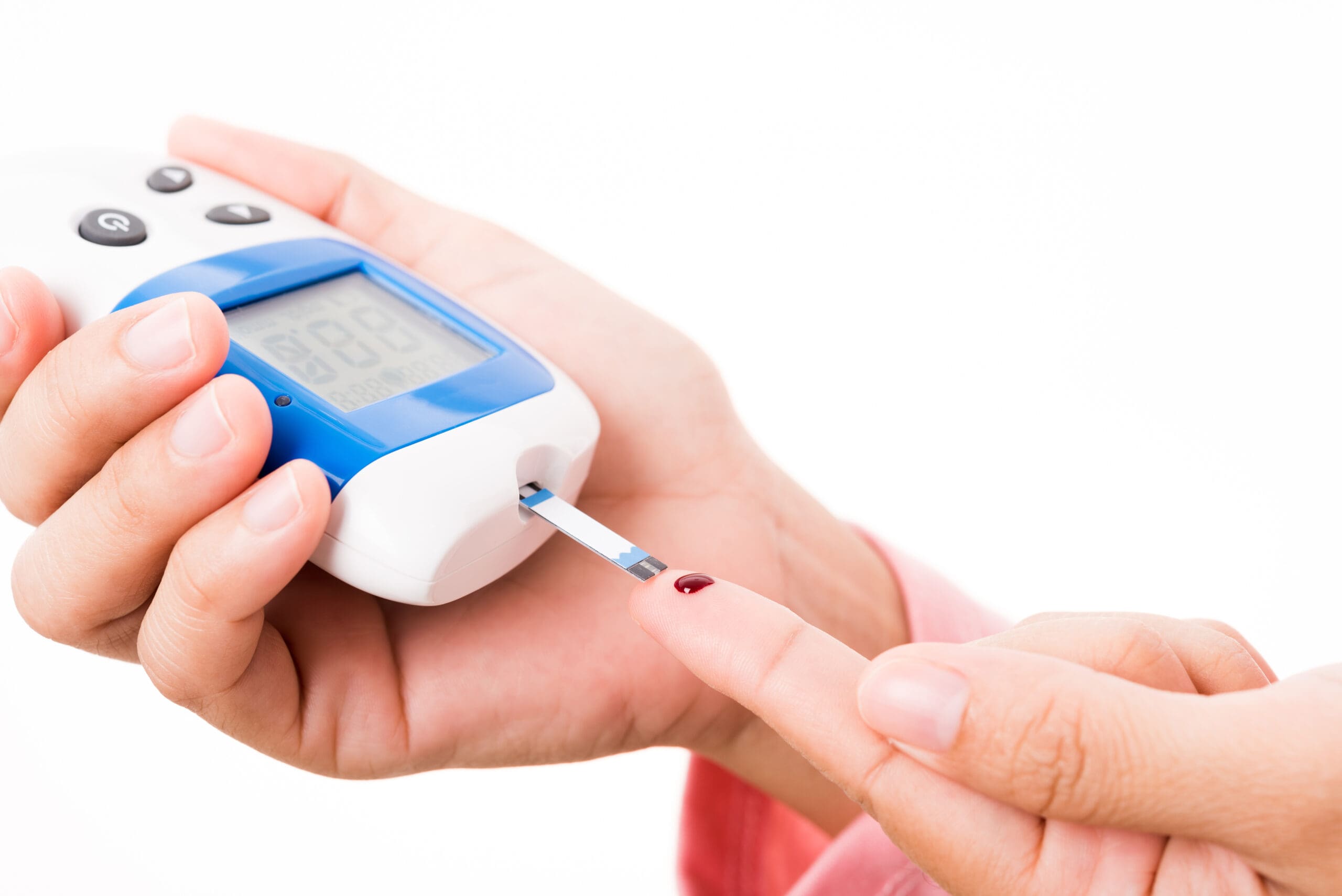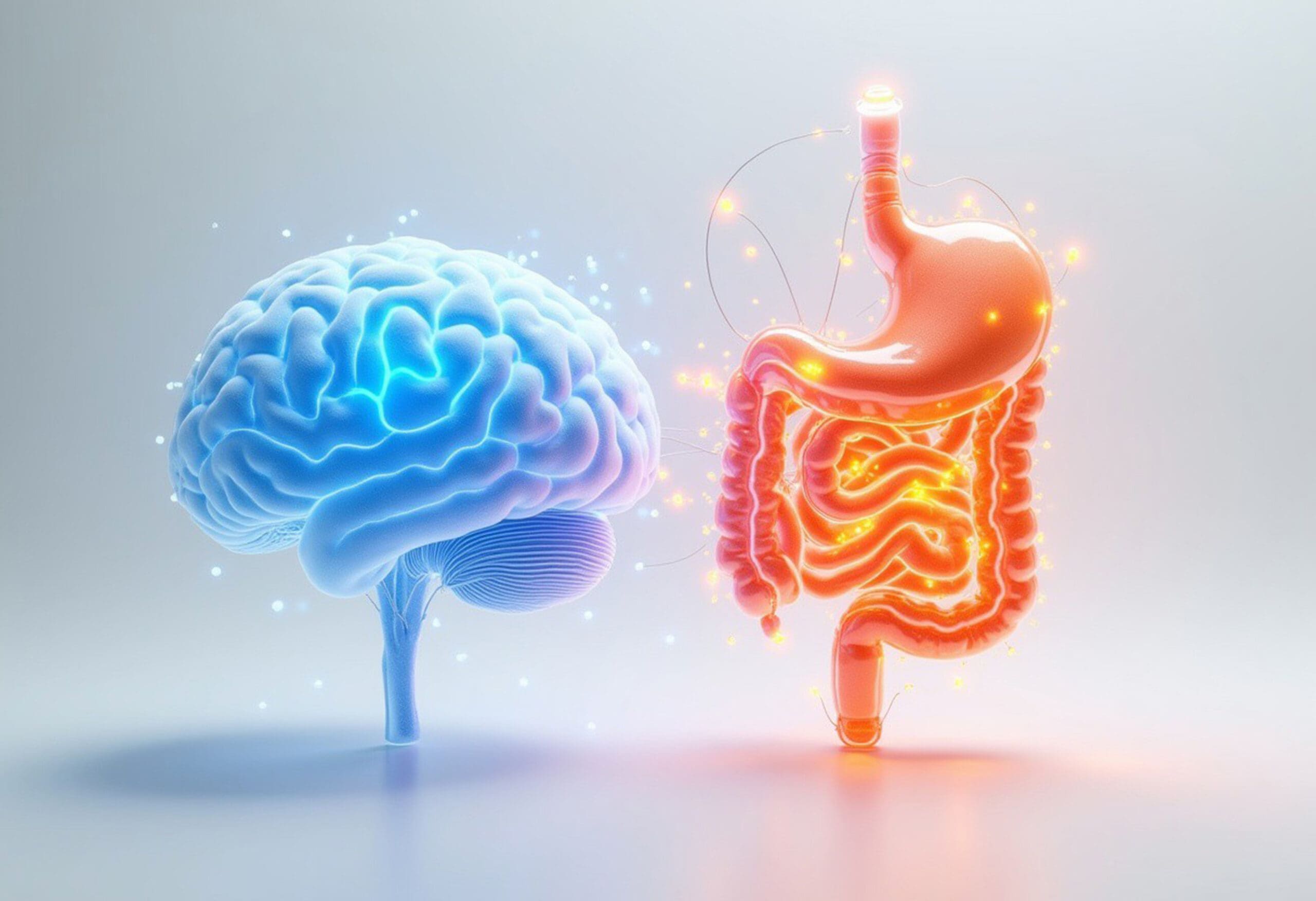Endometriosis raises risk of gestational diabetes
By naturopath Margaret Jasinska
New research has shown that women with severe endometriosis are three times more likely to develop gestational diabetes than those with milder forms of the condition. This finding is based on data from 4.6 million women. The authors of the study suggested that endometriosis “may be considered as a red flag” for diagnosing gestational diabetes mellitus and should be included with other risk factors assessed during pregnancy. They went on to say “In this sense, the earlier and more specific detection of GDM in women with endometriosis could improve pregnancy management and final maternal–foetal outcomes.”
The study found the association between endometriosis and GDM was unrelated to the method of conception. There was no difference between those who conceived spontaneously and those who conceived via assisted reproductive technology (ART). Why does endometriosis raise the risk of gestational diabetes?
Why does endometriosis raise the risk of gestational diabetes?
The researchers believe that systemic inflammation seen in endometriosis is probably responsible because it has also been linked to increased insulin resistance and glucose intolerance. Gestational diabetes is more likely to occur in women with insulin resistance. Being overweight and being pregnant at an older age (over age 35) both raise the risk of endometriosis, as does having polycystic ovarian syndrome. Chronic inflammation also raises the risk of insulin resistance. Endometriosis is an inflammatory condition. There is an autoimmune component to endometriosis. Treating the inflammation is the key to improving the condition.
Endometriosis is an extremely common disorder of the reproductive system in women of menstruating age. It is affected by female hormones, but isn’t caused by them. The immune system, the digestive tract and the types of gut bugs present in the intestines influence whether a woman will develop endometriosis, and the severity of the condition. Environmental factors and stress play a role in endometriosis, but the biggest risk appears to come from the gut.
Endometriosis occurs when reproductive tissue gets planted in places it’s not supposed to be, such as the fallopian tubes, the ovaries or the bowel. These endometrial deposits grow and bleed each month, but inside the pelvic and abdominal cavities where there is no way out. This abnormal internal bleeding can cause cysts, blood clots and scar tissue on the bowel, the bladder, the ovaries and the outside of the uterus and fallopian tubes. The primary symptom that women experience is debilitating cramps during their time of the month.
If endometrial tissue grows on the digestive organs, this can cause digestive symptoms that are typical of irritable bowel syndrome. These include abdominal bloating, abdominal cramps, constipation, diarrhoea or alternating bowel habits. Many women never see their doctor about these symptoms; therefore, the real cause is never determined. Endometriosis usually also causes painful menstrual cramps and heavy menstrual bleeding but for some women those symptoms are fairly mild compared to the digestive symptoms mentioned above.
Strategies to help endometriosis

Base your diet on animal protein and low FODMAP vegetables.
A high fibre diet can aggravate a gut that is inflamed, thus reducing fibre intake is usually helpful. Also, fibre, starch and carbohydrate feed gut bugs. If your gut is currently overridden with the wrong bugs, those foods can make your symptoms worse. In clinical trials, women who were given antibiotics that kill bad gut bugs experienced a significant reduction in endometriosis symptoms.

Avoid or minimise dairy products.
Some women find that they feel much better if they avoid all dairy products, this is likely because cow’s milk products can have undesirable hormone influences on endometriosis. Many women find that menstrual bleeding becomes lighter when they eliminate dairy products from their diet. Gluten may also need to be eliminated because it can promote leaky gut and autoimmunity, and endometriosis shares many features with autoimmune disease

Reduce sugar and refined carbohydrates.
Sugar and high carb foods encourage overgrowth of yeast, Candida and bad gut bugs like Streptococcus and Clostridia species. These bad bugs can inflame the gut lining, causing leaky gut. The essential oils of clove, oregano and thyme found in BactoClear capsules can help reduce the symptoms of medically diagnosed irritable bowel syndrome.

Heal your gut lining.
It is important to reduce inflammation, heal and seal the gut lining, so that it’s a better barrier and prevents gut wastes from entering the bloodstream and overstimulating your immune system. Ingredients helpful for achieving this are found in Gut Health powder.

Minimise high histamine foods and drinks.
If the gut lining is inflamed, there is usually an impaired ability to break down and clear histamine from the body. A build up of histamine can aggravate inflammatory conditions. It can worsen anxiety, insomnia, headaches, pain and diarrhoea. Most fermented foods and drinks, vinegar and left over animal protein are high in histamine.
For more information see our book Healing Autoimmune Disease: A plan to help your immune system and reduce inflammation.
Reference: https://www.nature.com/articles/s41598-023-35236-y









Leave A Comment